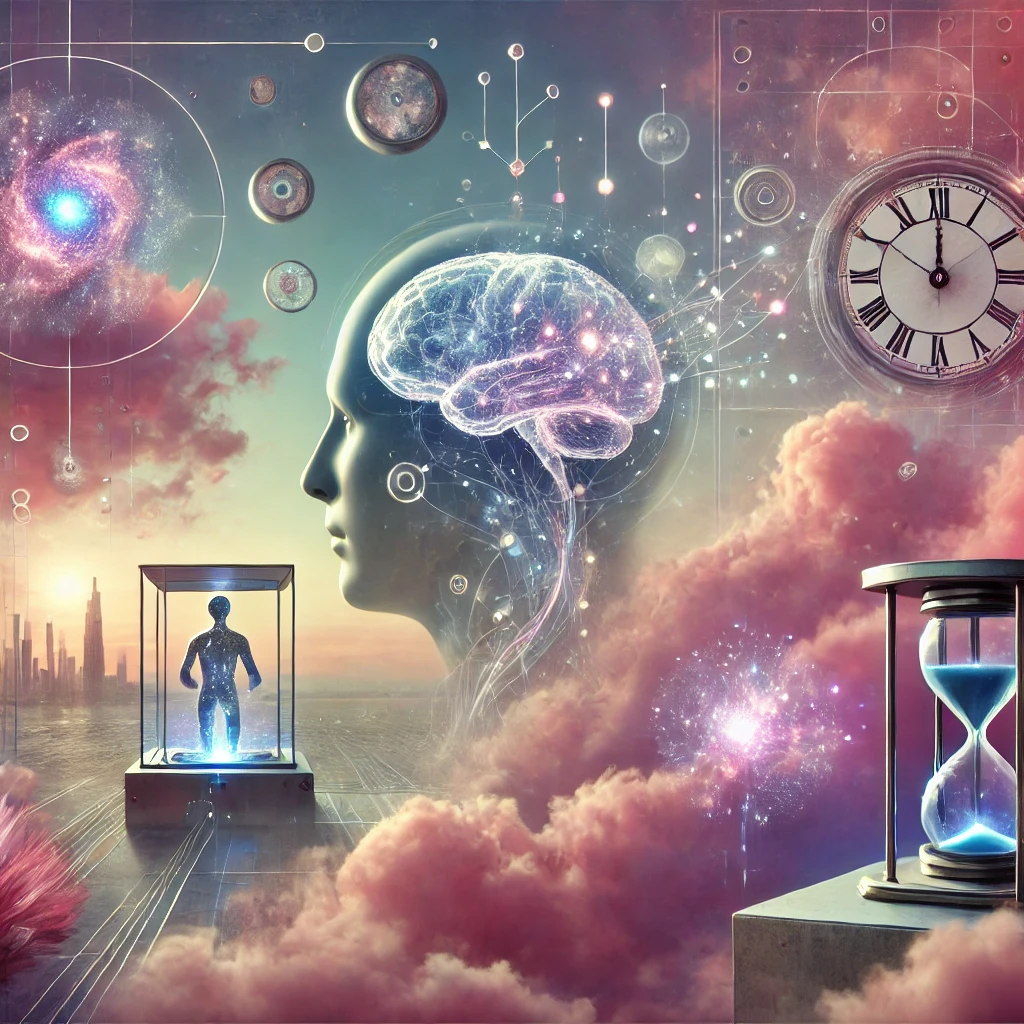In 2024, where technology seems to defy the boundaries of imagination, the idea of recording dreams is evolving from a whimsical concept into a potential reality. From ancient times, dreams have captivated human curiosity, serving as a mysterious canvas of our subconscious. Today, with the rapid advancements in artificial intelligence (AI), the possibility of capturing and interpreting these ethereal experiences is gaining momentum. This article delves into the current technological strides, hurdles, and ethical considerations surrounding AI’s role in dream recording, shedding light on an intriguing intersection of neuroscience and machine learning.
Current Technological Advancements in Dream Recording
AI’s potential to decode dreams is no longer confined to the realm of science fiction. Recent innovations have ushered in a new era where generative AI models can recreate dream-like sequences. Researchers are employing sophisticated AI algorithms to interpret and visualise dream imagery by analysing brain scans, as discussed in a study on Science.org. This approach leverages neural networks to reconstruct images perceived during sleep, offering a glimpse into the dream world through scientific precision.
Moreover, the advancements in brain-computer interfaces are paving the way for more immersive experiences. A report from Tech Xplore highlights AI’s ability to generate video content from brain activity, suggesting a promising future for dream visualisation. These technologies hold the potential to bridge the gap between the intangible nature of dreams and tangible data, enabling a deeper understanding of the subconscious mind.
Challenges and Limitations: Navigating the Complex Terrain
Despite these promising developments, the journey towards recording dreams is fraught with challenges. The foremost concern lies in the accuracy of AI interpretations. As noted by Tech Times, translating the complex and abstract nature of dreams into coherent data poses a significant technical challenge. The dream state involves a myriad of variables, including emotions, memories, and sensory experiences, which AI must decode with precision.
Additionally, the ethical implications of dream recording cannot be overlooked. Privacy concerns loom large, as the ability to record dreams could lead to potential misuse of personal data. Ensuring data security and establishing ethical guidelines are paramount to prevent the exploitation of this technology for intrusive purposes. These considerations must be addressed to foster trust and ensure responsible development in this evolving field.
Ethical and Social Implications: Balancing Innovation and Privacy
As AI technologies advance, the ethical landscape surrounding dream recording becomes increasingly complex. The potential to access and analyse the intimate realm of dreams raises questions about consent and autonomy. The societal impacts of such technology necessitate careful consideration, as explored in a discussion on Science Focus. The prospect of dream data being used for commercial or surveillance purposes underscores the need for robust regulatory frameworks.
Furthermore, the implications of dream recording extend beyond individual privacy. The technology’s potential to influence cultural narratives and psychological well-being calls for a nuanced understanding of its societal role. Engaging diverse stakeholders, including ethicists, psychologists, and technologists, is crucial to navigating the ethical terrain and ensuring that dream recording serves as a tool for empowerment rather than exploitation.
Future Prospects: Envisioning the Evolution of AI and Dreams
Looking ahead, the landscape of AI and dream recording is poised for transformative breakthroughs. Insights from neuroscientists, such as Shinji Nishimoto, suggest that the future holds exciting possibilities for AI in capturing thoughts and dreams. As AI models continue to evolve, the accuracy and depth of dream interpretation are expected to improve, offering unprecedented insights into human cognition.
The future of AI dream technology may see applications ranging from therapeutic interventions to creative exploration. By harnessing the potential of AI to unlock the hidden narratives of dreams, researchers aim to enhance our understanding of the mind and its intricate workings. As we venture into this uncharted territory, the dialogue between technology and ethics will remain pivotal in shaping a future where AI dream recording can thrive responsibly.
Charting the Course for Responsible Innovation
In the ever-evolving landscape of AI, the quest to record dreams stands as a testament to human ingenuity and curiosity. While the potential of AI in dream recording is vast, it is accompanied by challenges that demand careful navigation. As we stand on the brink of unlocking the mysteries of the subconscious, it is imperative to strike a balance between innovation and ethical responsibility.
By fostering a dialogue that encompasses technological, ethical, and societal dimensions, we can chart a course for responsible innovation in AI dream technology. As dream recording transitions from a futuristic fantasy to a tangible possibility, the collective effort of researchers, policymakers, and society at large will play a crucial role in shaping a future where AI and dreams coexist harmoniously, offering profound insights into the depths of the human mind.


